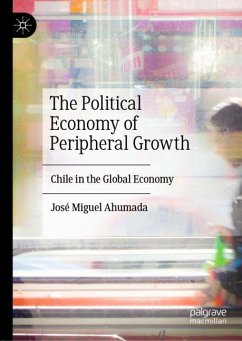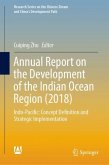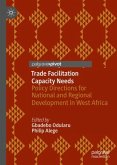This book provides a political economy perspective on Chile's contemporary economic development, explaining the different stages of Chile's neoliberal pattern of economic integration into the global economy from 1973 to 2015. Three key explanatory variables are considered: the evolution of business-state relations, US geopolitical interest in the region through the waves of trade agreements, and the political impact of the dynamics of inflows and outflows of financial capital. Although Chile is typically considered to be a successful case of a free market economy, this book presents an alternative narrative of Chile's growth through using a Latin American Structuralist political economy perspective. While it recognises the positive results in terms of growth, it also emphasises the lack of dynamic sources for long-term development, which embeds the economy into short-term booms followed by periods of stagnation.








